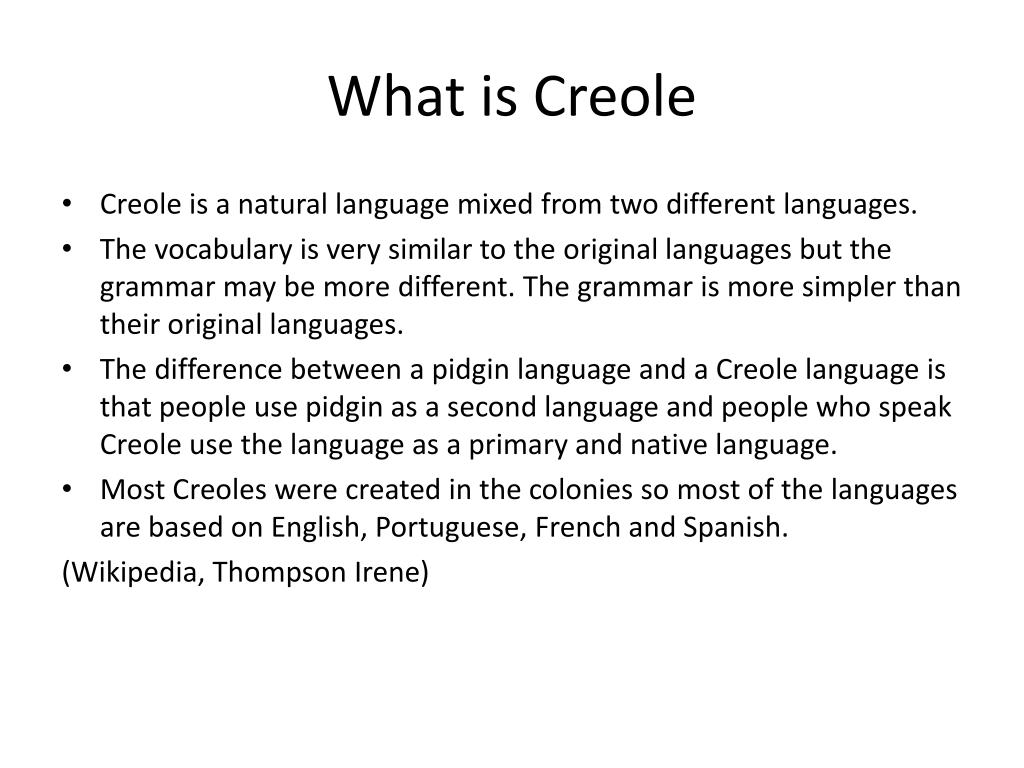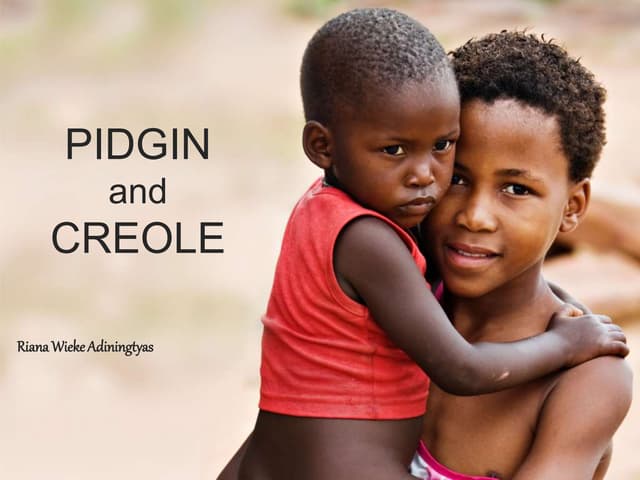
Proficiency in Nigerian Pidgin ranges from the ‘deep’ varieties spoken by those who have learned it as their mother tongue for generations in Warri and Sapele, to varieties heavily influenced by other ancestral Nigerian languages spoken by those who have learned Nigerian Pidgin as a second language and who use it only for trading in the marketplace, to varieties heavily influenced by Standard English spoken by those who have learned Nigerian Pidgin as a second language and who use it only with classmates at university, etc.

Many of those who learn Nigerian Pidgin as one of their first languages, as well as a considerable number of those who learn Nigerian Pidgin as a second language, eventually end up using it as their main language of day-to-day communication. For those who do not learn Nigerian Pidgin as one of their first languages, it is learned informally as a second language in one or a number of venues for interethnic contact, including marketplaces, workplaces, schools, universities, military and police barracks, etc.

Nigerian Pidgin is the first language, or one of the first languages, learned by tens of millions of people across southern Nigeria and in urban areas throughout the entire country.

With over 75 million speakers, Nigerian Pidgin has become by far the most widely spoken and fastest growing language in Nigeria today.


 0 kommentar(er)
0 kommentar(er)
